Retinol Creams for Eczema Prone Skin
Introduction to Retinol and Eczema

Eczema, a common skin condition, can be a persistent challenge, characterized by dry, itchy, and inflamed skin. Finding effective skincare products that not only soothe but also improve the skin’s condition is crucial for those with eczema-prone skin. Retinol, a derivative of Vitamin A, has emerged as a promising ingredient in the skincare world. In this blog, we'll delve into the nuances of using retinol creams for eczema-prone skin, balancing efficacy with sensitivity.
Understanding Retinol and Its Benefits

What is Retinol? Retinol is a type of retinoid, derived from Vitamin A, widely acclaimed for its anti-aging and skin-rejuvenating properties. It works by accelerating skin cell turnover, helping to shed dead skin cells and promote the growth of new ones. This process can aid in improving skin texture, pigmentation, and the appearance of fine lines.
Benefits of Retinol for Skin Retinol is renowned for its ability to:
- Boost collagen production, reducing the appearance of fine lines and wrinkles.
- Enhance skin texture, making it smoother and more even-toned.
- Aid in unclogging pores, thus reducing acne and improving overall skin health.
Eczema and Its Challenges

Understanding Eczema Eczema, also known as atopic dermatitis, is characterized by dry, itchy, and inflamed skin. It can be triggered by various factors, including environmental irritants, allergies, and stress.
Common Concerns for Eczema-Prone Skin Individuals with eczema often face challenges such as:
- Intense itching and discomfort.
- Increased skin sensitivity and susceptibility to irritants.
- Difficulty in finding skincare products that do not exacerbate the condition.
Retinol for Eczema-Prone Skin: A Closer Look
Is Retinol Suitable for Eczema-Prone Skin? Retinol can be beneficial for eczema-prone skin, but caution is key. Its ability to promote cell turnover can help in managing the buildup of dry, flaky skin often associated with eczema. However, retinol can also be irritating, especially in higher concentrations, making it essential to choose the right product and usage approach.
Choosing the Right Retinol Cream When selecting a retinol cream for eczema-prone skin, consider the following:
- Opt for lower concentrations of retinol (0.25% to 0.5%).
- Look for formulations that include soothing and moisturizing ingredients like hyaluronic acid, ceramides, and niacinamide.
- Prefer products labeled as non-comedogenic and hypoallergenic.
Application Tips and Best Practices
How to Incorporate Retinol into Your Skincare Routine Integrating retinol into your skincare routine requires a gradual approach:
- Start with a low concentration and apply it sparingly.
- Use retinol creams only at night, as retinol can increase sun sensitivity.
- Always follow up with a moisturizer to mitigate dryness and irritation.
- Incorporate retinol slowly, beginning with once or twice a week and gradually increasing the frequency based on your skin’s tolerance.
Managing Potential Irritation To minimize irritation:
- Do a patch test before using a new retinol product.
- Avoid using retinol during eczema flare-ups.
- Consult a dermatologist if you experience significant irritation or discomfort.
Expert Insights and Dermatologist Recommendations
Advice from Skin Care Professionals Dermatologists often advise:
- Being patient as your skin adjusts to retinol.
- Not combining retinol with other potential irritants like exfoliating acids.
- Monitoring your skin’s response and adjusting usage accordingly.
Conclusion: Balancing Efficacy with Sensitivity
Retinol creams can be a valuable addition to the skincare regimen of those with eczema-prone skin, provided they are used thoughtfully and cautiously. By choosing the right product, starting slowly, and listening to your skin, you can harness the benefits of retinol while minimizing potential irritation. Always consult with a skincare professional before introducing new products into your routine, especially when dealing with sensitive conditions like eczema.


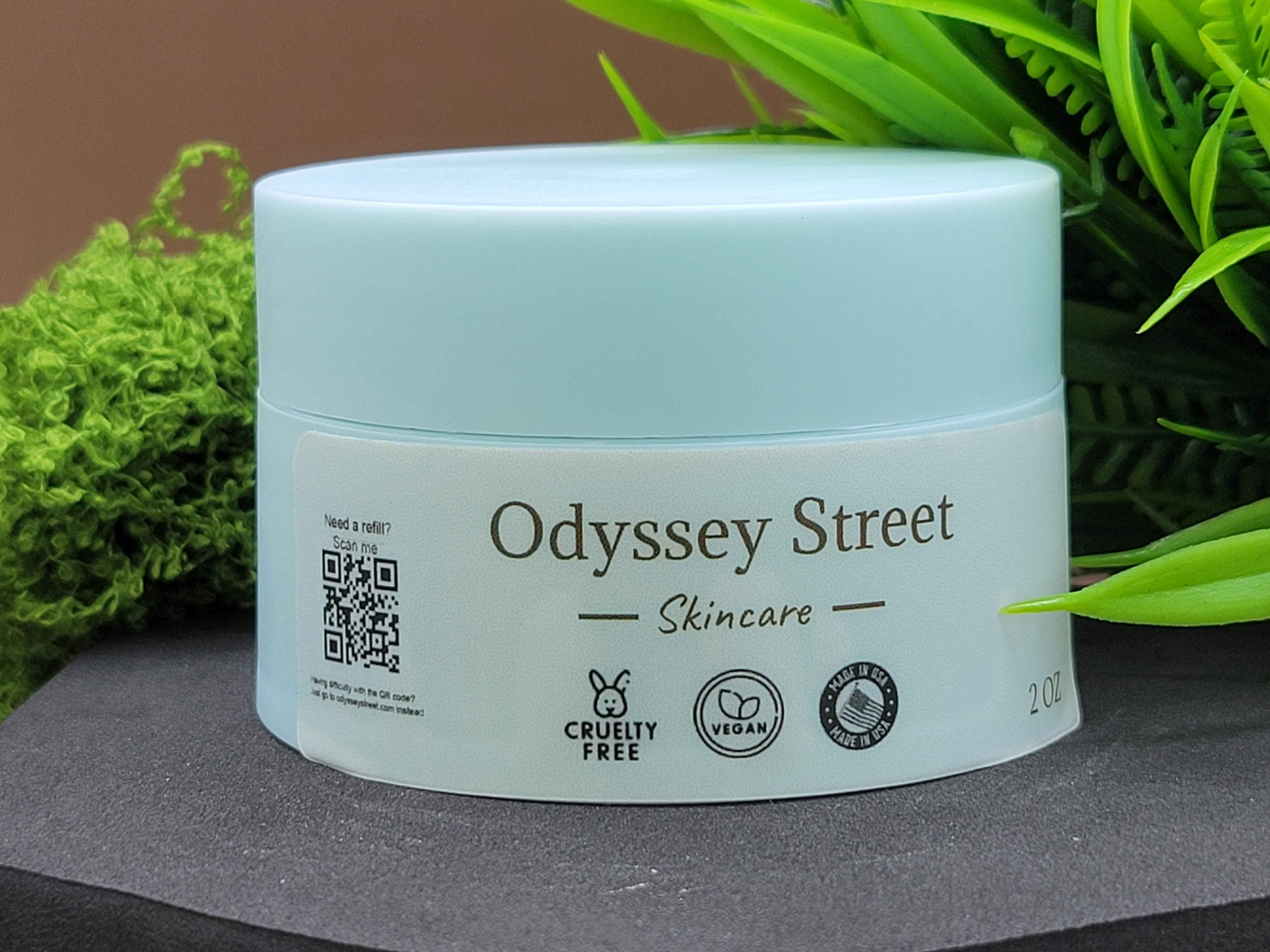
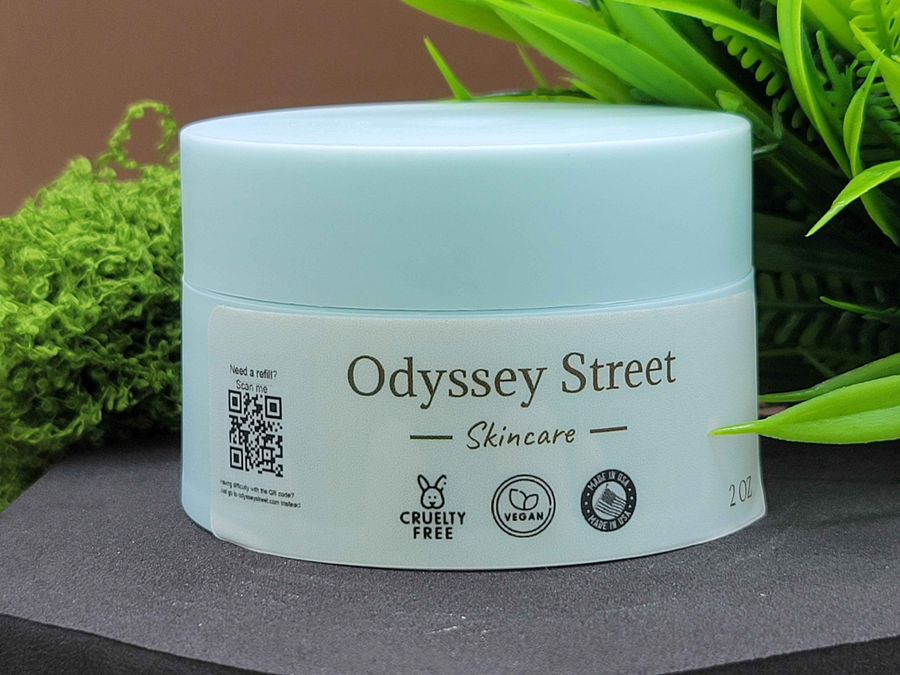
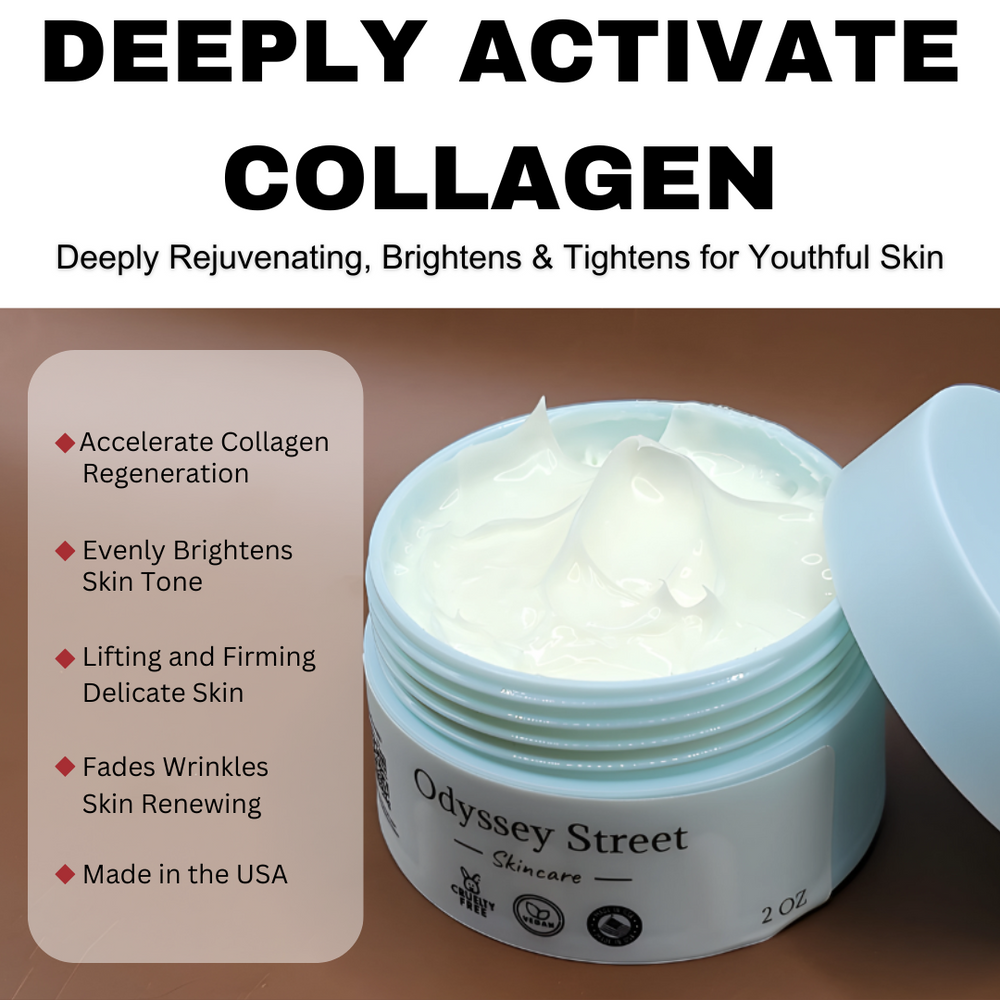




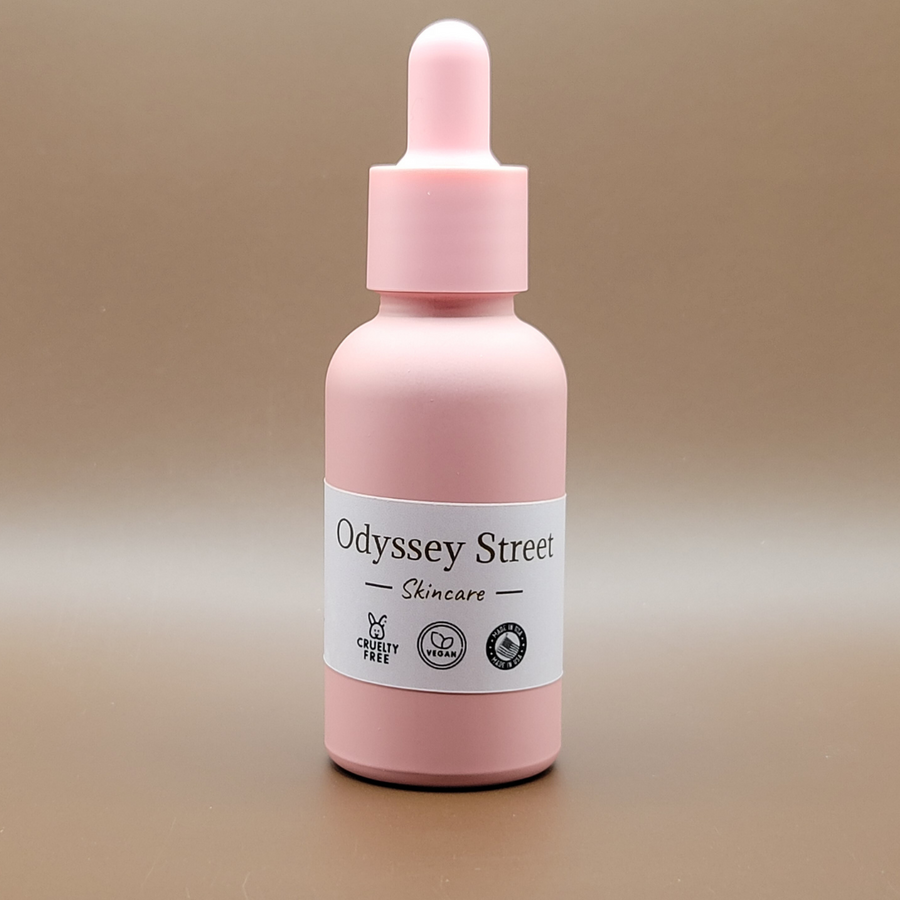
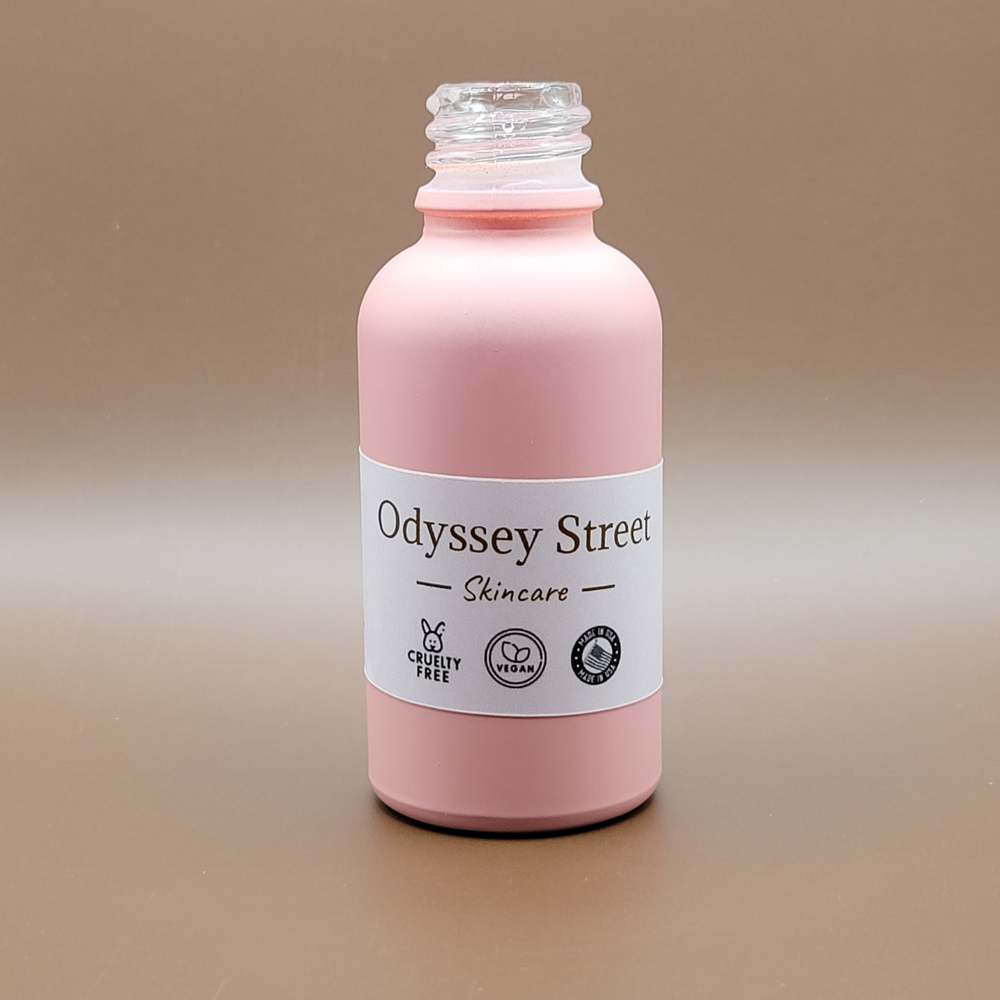
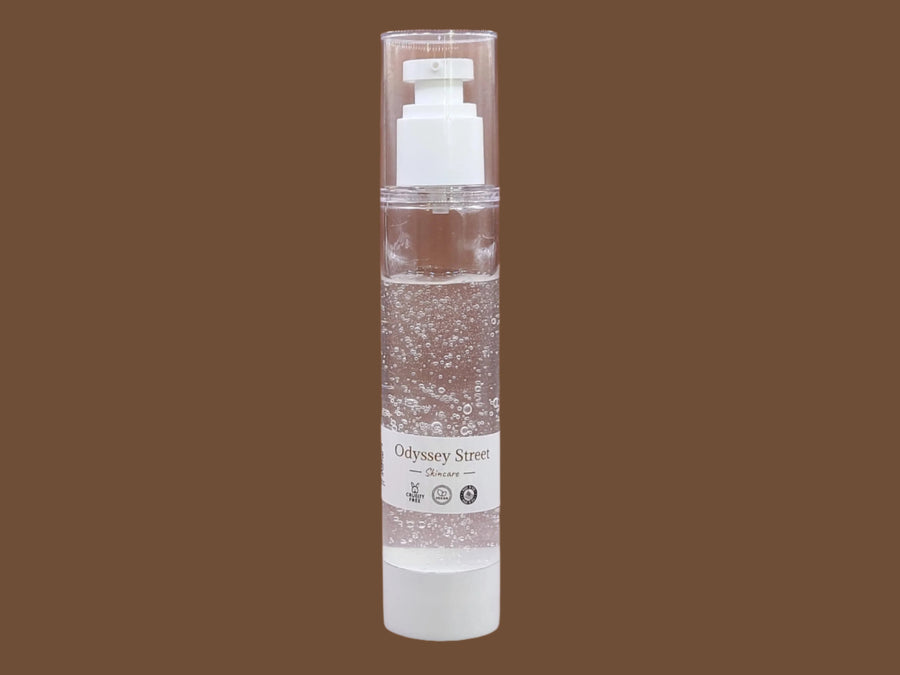
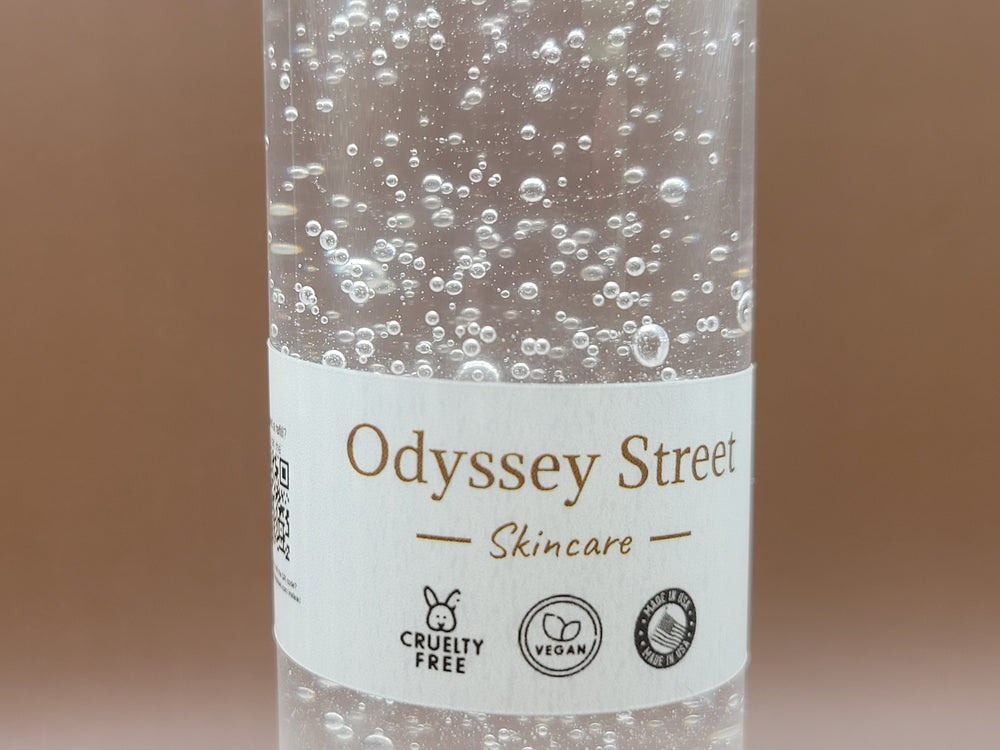
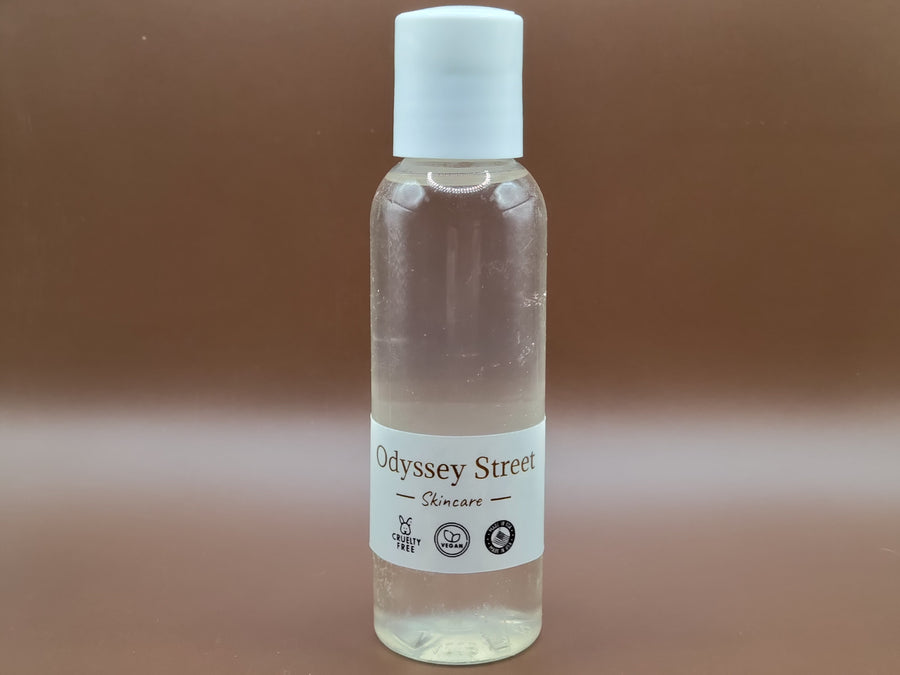
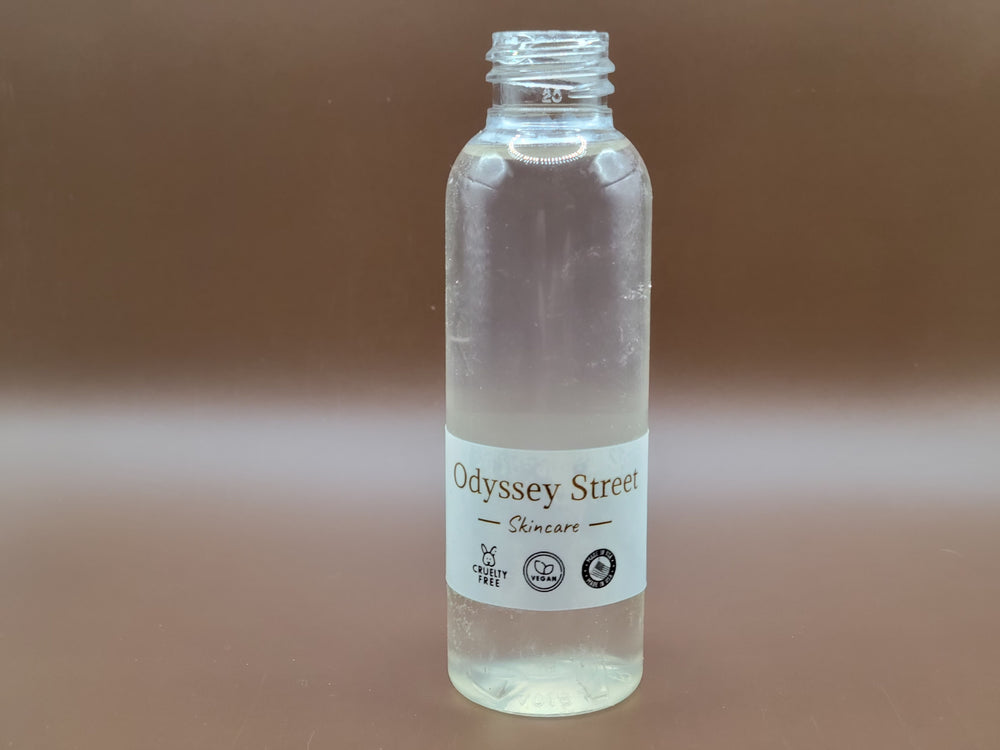
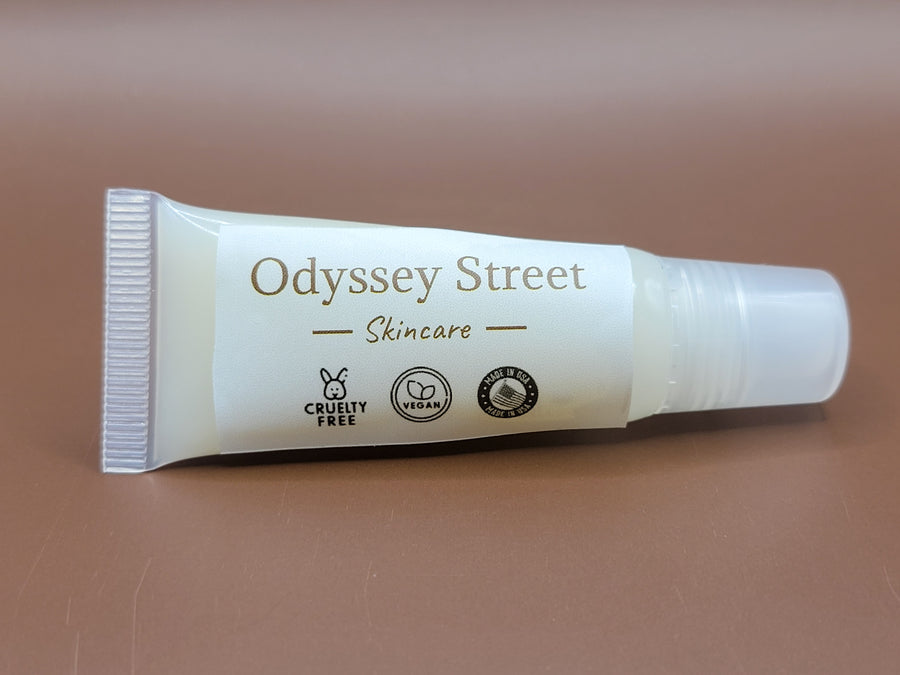
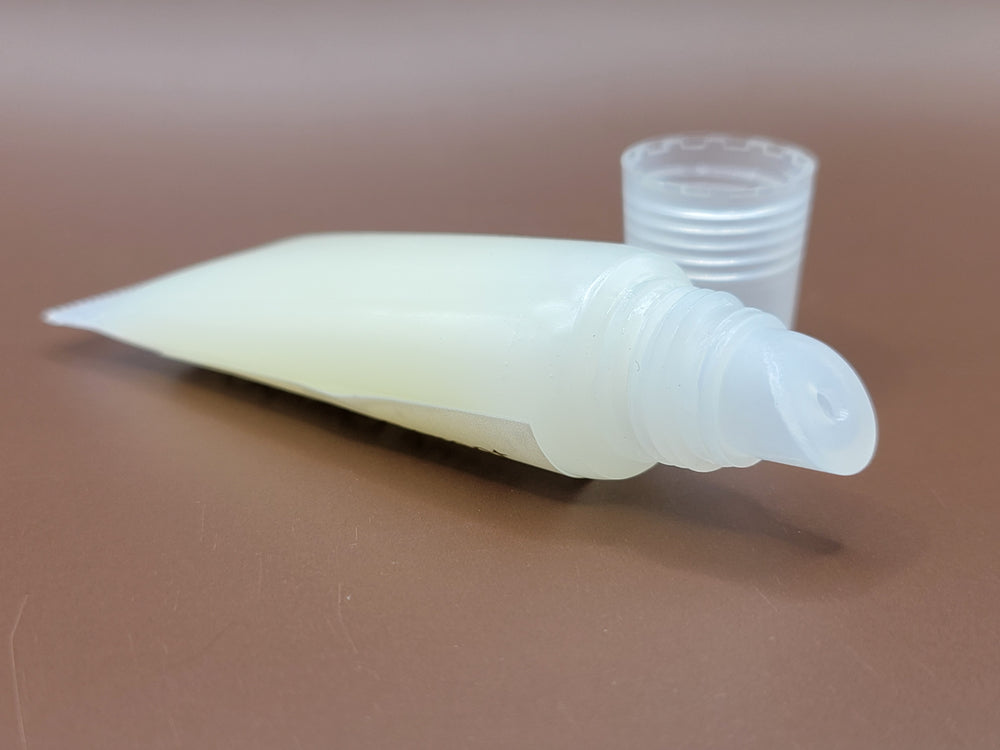
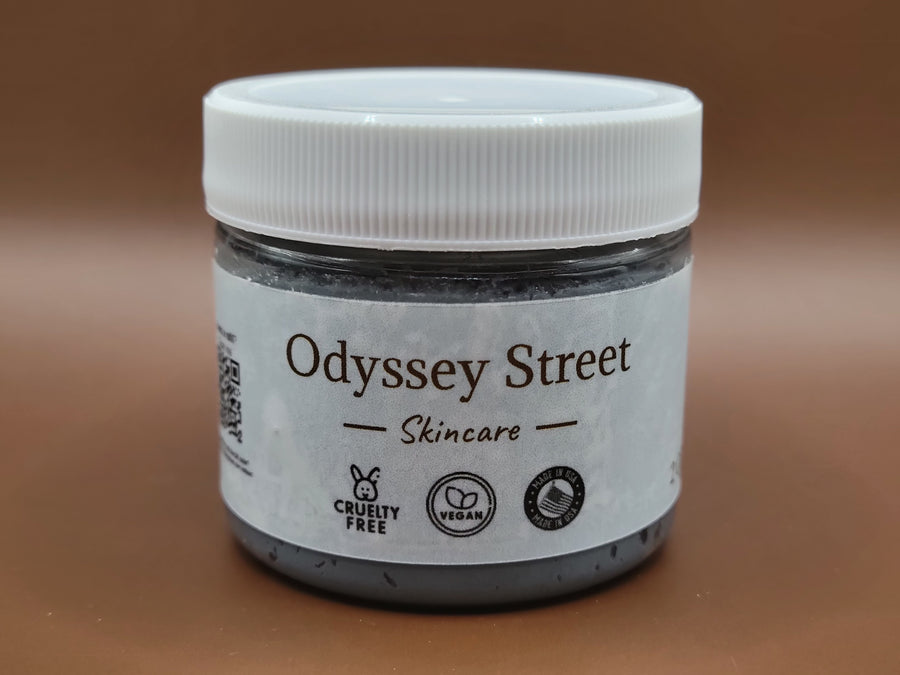
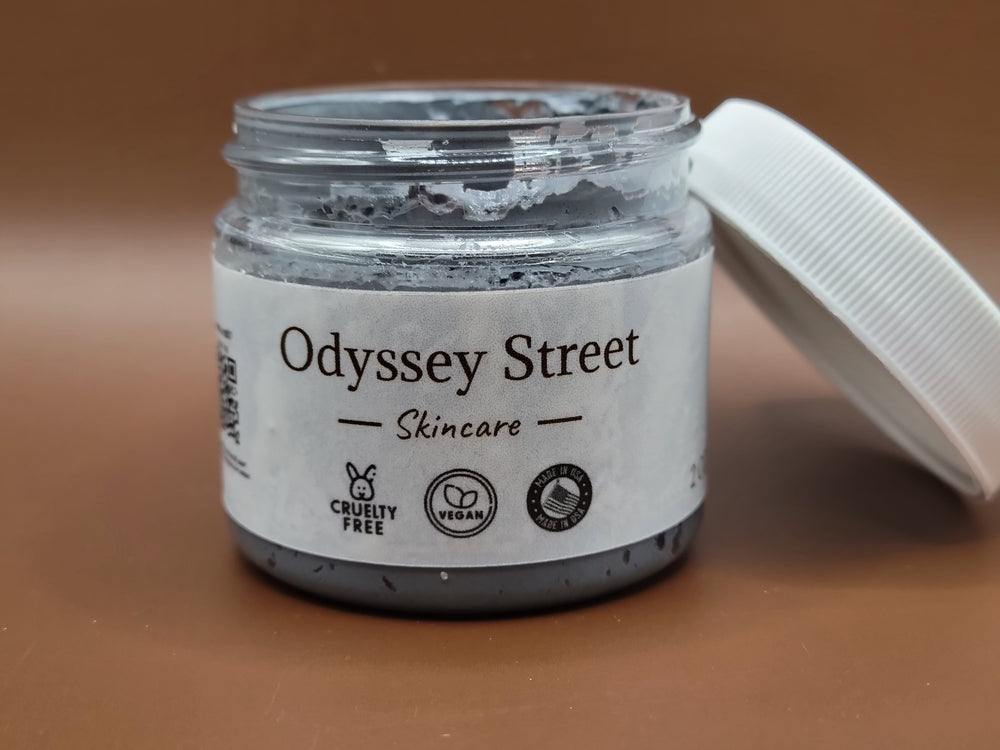
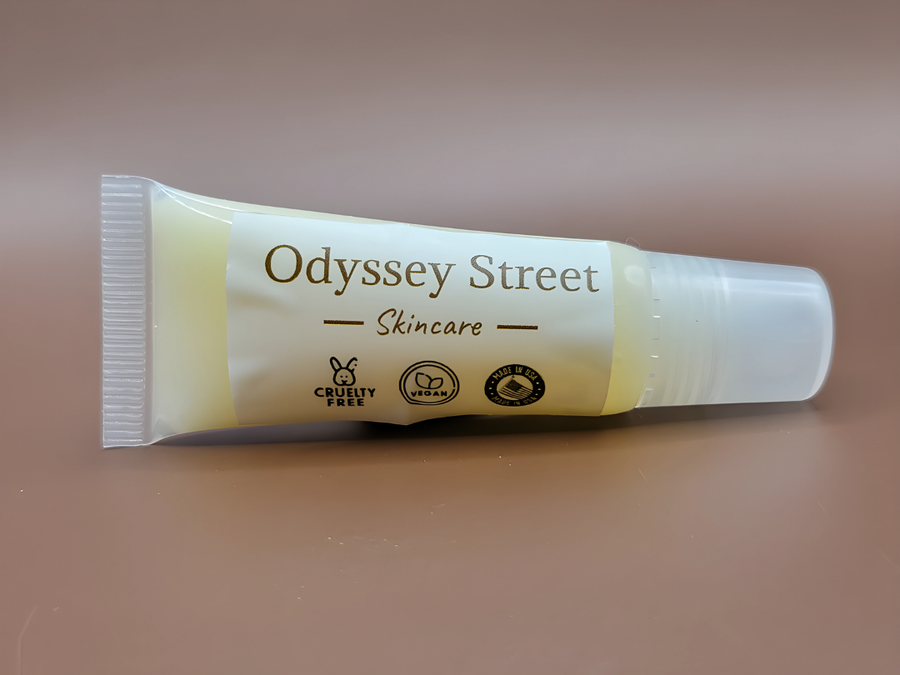
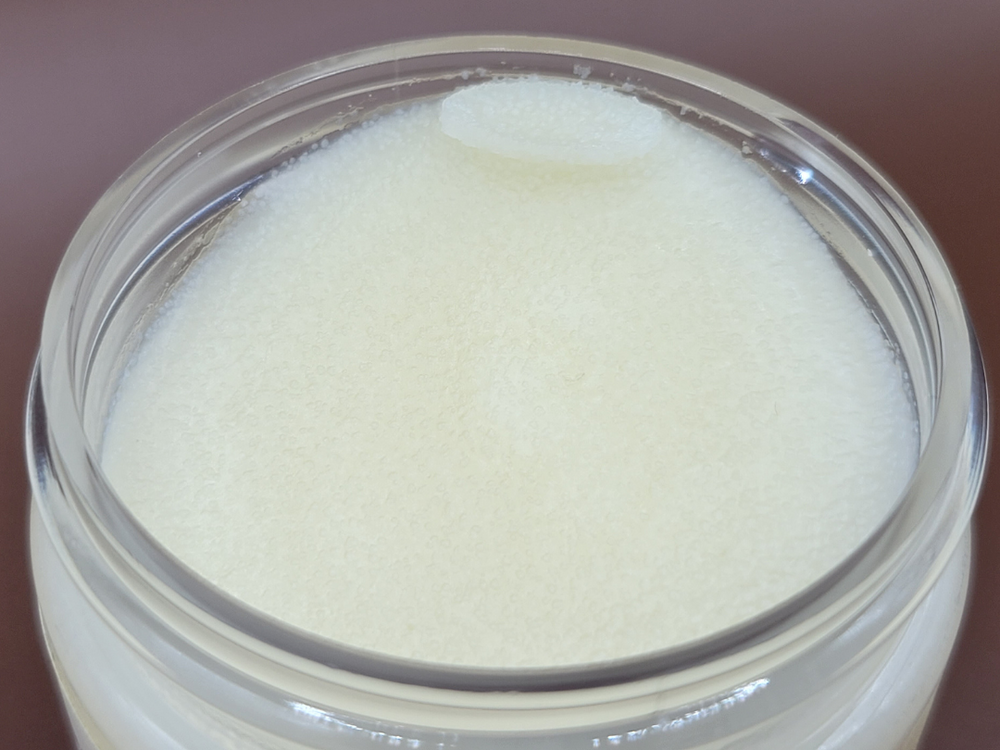
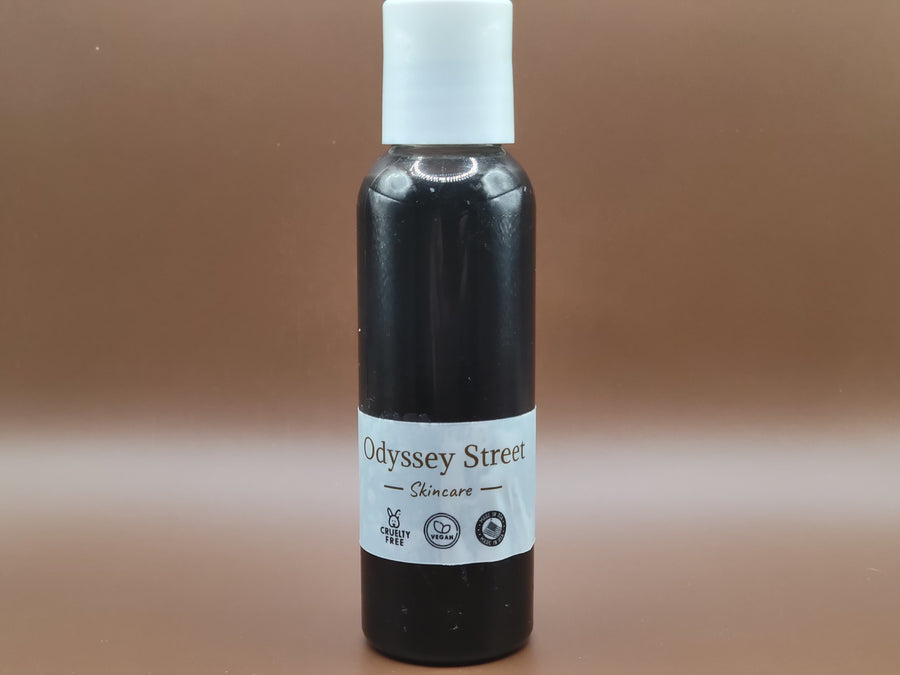

Leave a comment